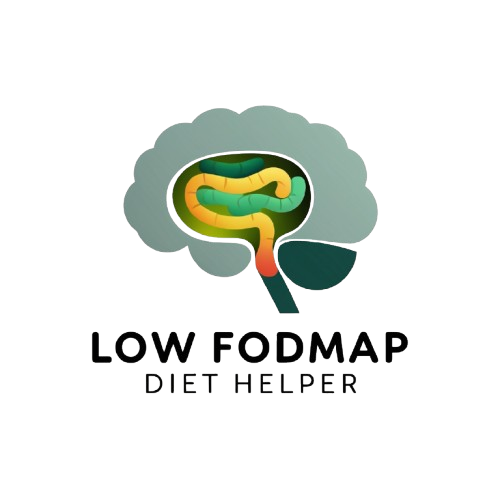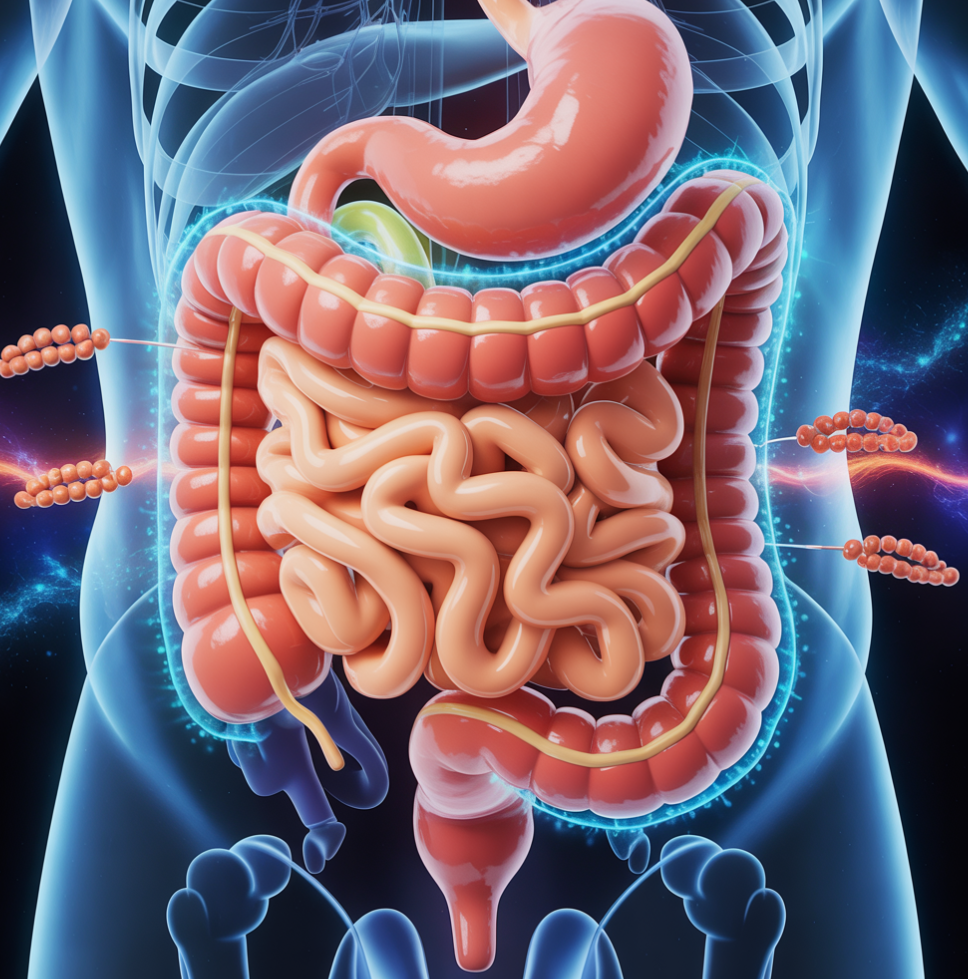Intestinal permeability—more commonly referred to as leaky gut—is emerging as a significant factor in disease prevention and overall health. While it may sound like a niche health concern, leaky gut can be influenced by many factors that affect people every single day. In this post, we’ll uncover the everyday triggers that may be silently damaging your gut lining, and in our next post, we’ll dive into the foods that can help heal it.
What Is Leaky Gut and Why Does It Matter?
Your gut isn’t just a digestive tube—it’s a sophisticated barrier system. The intestinal lining, with its millions of folds, covers over 4,000 square feet, making it larger than a tennis court. It’s so vital to our health that it consumes nearly 40% of the body’s total energy to function properly.
When this barrier is compromised, tiny particles that are meant to stay in the gut can slip into the bloodstream. This can lead to inflammation and has been linked to serious conditions like inflammatory bowel disease, food allergies, and even autoimmune disorders.
How Do We Know When the Gut Becomes “Leaky”?
Scientists have measured intestinal permeability by using harmless dyes like blue food coloring. In a healthy person, it stays in the gut. But in individuals with severe gut barrier breakdown—like those in intensive care—it can be detected in the bloodstream. The scary part? You don’t have to be critically ill for your gut to start leaking.
Common Everyday Triggers of Leaky Gut
Here are some surprising things that can weaken your gut barrier:
1. Over-the-Counter Pain Relievers (NSAIDs)
Just two regular or extra-strength aspirin pills can increase gut leakiness. Endoscopies have shown that up to 90% of people taking aspirin or Bufferin experience visible stomach and intestinal erosions—within five minutes of ingestion.
Even buffered aspirin doesn’t offer protection. And combining aspirin with vitamin C? It may make the damage even worse.
2. NSAIDs and Food Allergies
These medications may explain why up to 25% of food-induced anaphylactic reactions involve NSAIDs. By weakening the gut lining, they allow partially digested food particles to enter the bloodstream, triggering severe allergic responses.
3. Strenuous Exercise
High-intensity workouts (about 70% of your max effort for an hour) can pull blood away from your digestive system, causing temporary gut damage. If combined with NSAID use—common among athletes—the effects can be worsened.
4. Alcohol Consumption
Alcohol is another major contributor to gut leakiness. The good news? When alcohol is eliminated, the gut can often begin to heal itself.
5. High Saturated Fat Intake
Diets high in saturated fats—like those found in meat, dairy, and processed junk foods—promote the growth of bad gut bacteria that produce hydrogen sulfide (a toxic gas). This damages the mucus layer that protects the intestinal wall.
Though much of this research started with animals and lab studies, a 6-month human trial confirmed it: a higher-fat diet caused negative shifts in gut microbiota and increased inflammation.
Even when the fats weren’t from meat or dairy—but from refined oils—simply replacing them with refined carbs like white rice or flour reduced negative gut changes.
So, What Should You Do?
If your diet has shifted toward a Westernized pattern—more processed foods, more fats—there’s good reason to scale back. Countries transitioning to such diets are advised to avoid increasing fat intake, and countries already there should cut down.
Avoiding common triggers like NSAIDs, alcohol, and saturated fats can go a long way in preserving the integrity of your gut.

